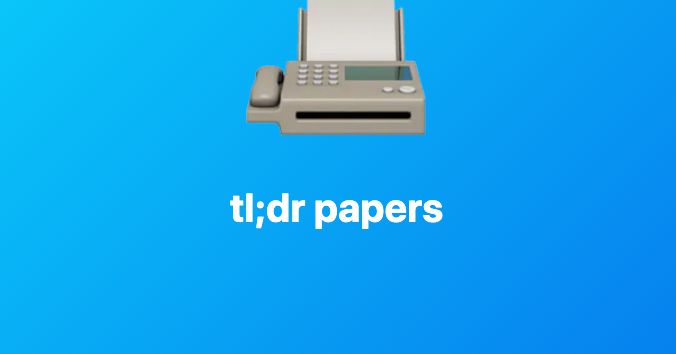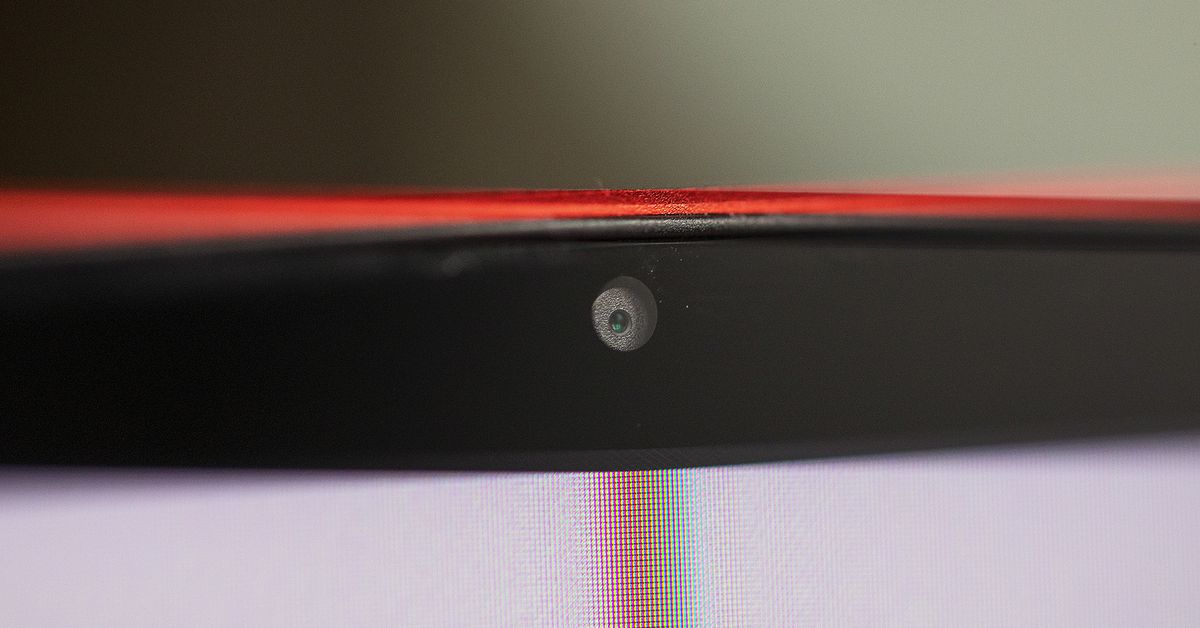Nvidia shares slip after plunge that wiped out nearly $300 billion in market cap
Nvidia's huge rise in recent years has been directly related to its dominance in AI chips for data centers.

Nvidia CEO Jensen Huang speaks during Computex 2024 in Taipei on June 4, 2024.
I-hwa Cheng | AFP | Getty Images
Nvidia shares slipped 1% in Wednesday morning trading after Bloomberg reported that the company received a subpoena from the Department of Justice as part of an antitrust investigation.
The slide comes after Nvidia dropped nearly 10% during regular trading Tuesday, wiping $279 billion off its market cap. The company's stock then declined in post-market trading.
The DOJ probe has not reached the stage of a formal complaint, according to Bloomberg, and the agency is asking questions about whether Nvidia makes it harder to switch to other suppliers of AI chips. Nvidia has more than 80% of the market for data center AI chips, according to industry estimates.
Nvidia's huge rise in recent years has been directly tied to its dominance in AI chips for data centers, established years before competitors AMD and Intel started taking the category seriously. Nearly a decade ago, Nvidia developed a programming language for its chips, called CUDA, which is a key tool for engineers who train advanced AI models like the one at the heart of ChatGPT.

Many of Nvidia's top customers are cloud companies as well as internet giants, including Microsoft, Alphabet, Meta, Amazon and Tesla.
As Nvidia's AI chips have become a hot commodity, the company has released new enterprise software subscriptions and marketed its networking products as important complements to get the most out of its chips.
Recent versions of Nvidia's chips can come pre-installed in entire Nvidia-designed server racks, an example of Nvidia's effort to move from being a mere parts supplier to an entire systems provider.
A representative for Nvidia told CNBC that the company "wins on merit, as reflected in our benchmark results and value to customers, who can choose whatever solution is best for them." The DOJ declined to comment to CNBC.


 JaneWalter
JaneWalter 
































